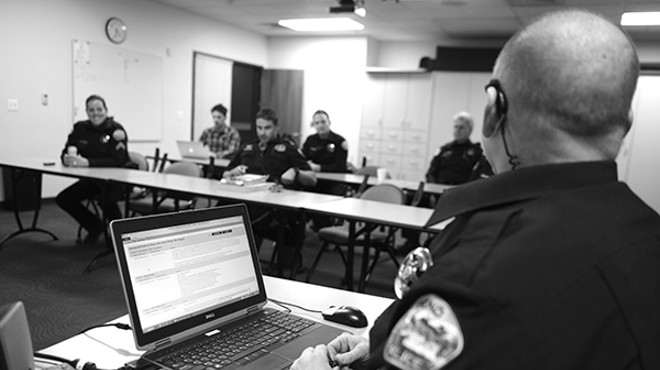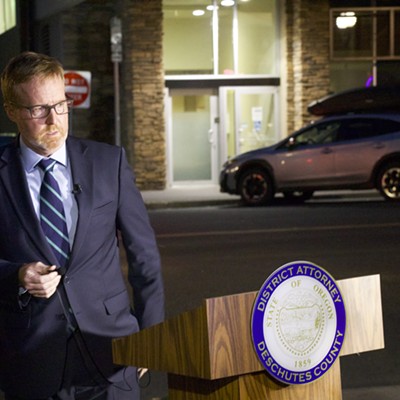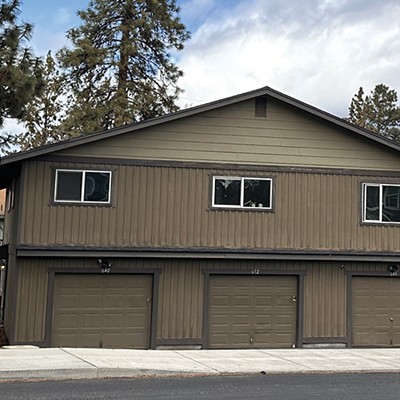In 2016 Oregon ranked worst in the nation on a report released by the non-profit Mental Health America. This problem has deep roots, and not just in Oregon. In its 2015 report, the National Alliance on Mental Illness found that private insurers undercut federal mental health parity laws by denying coverage, limiting treatment, and imposing administrative hurdles to getting treatment.
Confirmation of the mental health crisis in Oregon is no surprise to those here with a loved one with a mental health issue, or to police or social workers on the front lines. Locally, between 2012 and 2015, police reports for mental health calls to the City of Bend Police Department escalated. As a result, Bend Police created the new Community Response Team, hiring three new full-time employees for the mental health unit. It was launched with the mission to protect and serve by reaching out to those in a mental health crisis, offering coordinated mental health resources and support.
The Bend Police Department's program is in partnership with Deschutes County Parole and Probation, Sage View, Shepard's House, The Bethlehem Inn, Central Oregon Veterans Outreach, Deschutes County Mental Health, Deschutes Recovery Center, St. Charles Medical Center, Deschutes County District Attorney's Office and the Deschutes County Mental Health Court Program (DCMHC).
DCMHC is a 12 to 18-month court-supervised treatment program for mentally ill adults who have legal charges against them. Identifying those needing treatment alleviates some of the financial burden placed on the prison system for the mental health care of inmates. Unfortunately, in Oregon, the Department of Corrections continues to be one of the top providers of mental health services in the state.
Crisis Intervention training in Central Oregon has helped to improve police sensitivity when encountering calls involving a mental health crisis. Yet, for those with a family member suffering from mental illness, calling the police is usually a last resort. Few would choose to risk a loved one going to jail in order to get treatment.
What is going wrong?
Sen. Sara Gelser, D-Corvallis, and Oregon Health Authority Director Lynne Saxton traveled the state last fall to hear from adolescents, adults and families regarding the difficulty of accessing mental health treatment in Oregon. The Town Hall meeting in Bend was held on the COCC campus in October. The NAMI study found that private insurers are twice as likely to deny coverage for mental heath services as medical services and that mental health parity laws are unenforced in all but two states.
Considering Oregon's dead last status, this is a rallying point to hold insurers accountable to Oregon's Mental Health Parity law, passed by the Oregon Legislature in 2005 and the federal law passed in 2008. It's a David and Goliath moment. Let's hope Oregon lawmakers recognize the severity of the problem in this state and get the conversation started.
To help a loved one in Deschutes County in a mental health crisis:
Behavioral Health helps Deschutes County residents facing serious mental health and addiction issues with a priority to Oregon Health Plan members, uninsured county residents and people in crisis. Behavioral Health: (541) 322-7500.

























